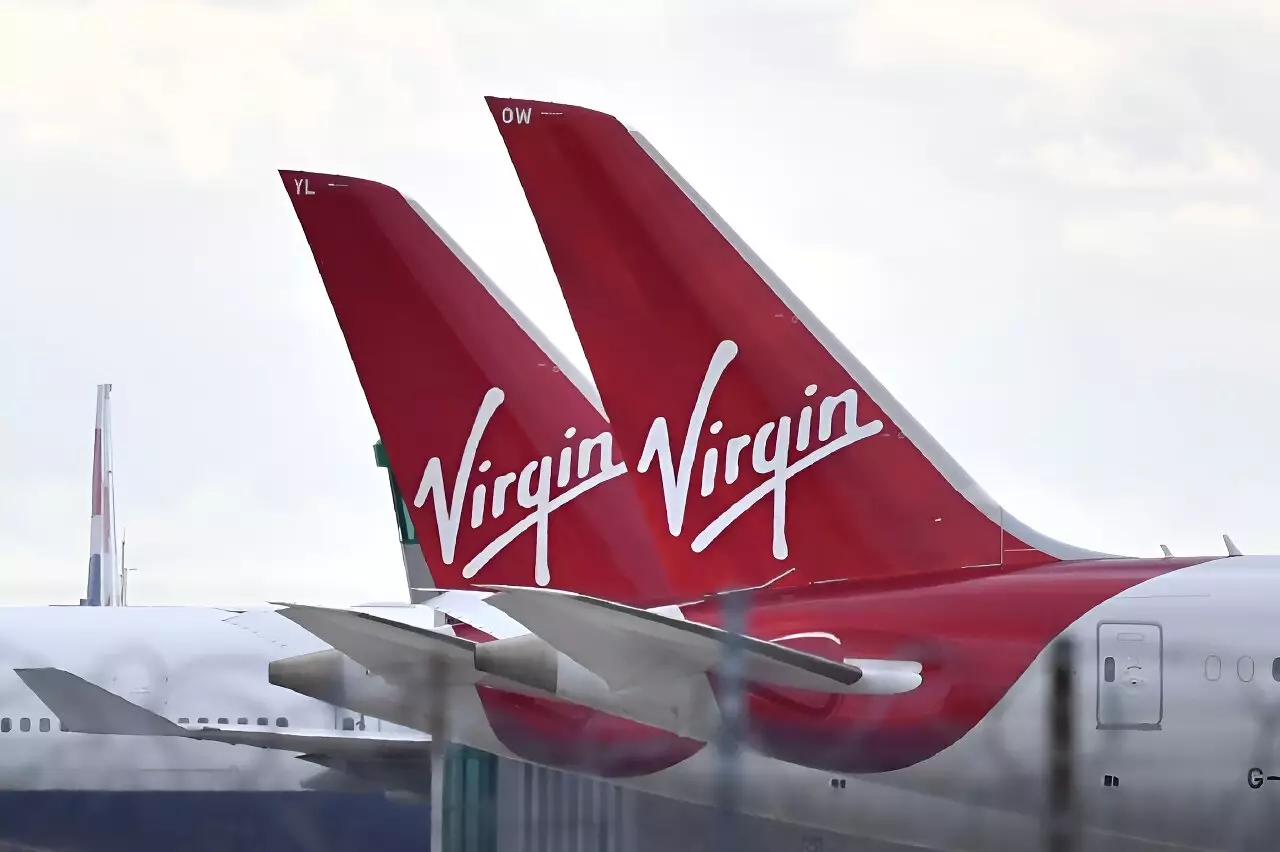Virgin Atlantic has received a landmark permit from Britain’s aviation regulator for a transatlantic flight powered entirely by sustainable aviation fuels (SAF). This permit marks a significant step towards decarbonizing the aviation industry and showcases the possibilities of greener aviation practices. The flight, scheduled for November 28, will depart from London and arrive in New York. Supported by a consortium of companies including Boeing, Rolls-Royce, and BP, this initiative aims to test and demonstrate the feasibility of using sustainable fuels in aviation.
The aviation industry is a major contributor to carbon dioxide and non-CO2 emissions, which have a significant impact on climate change. In response to this challenge, airlines are turning to SAF as an alternative to traditional jet fuel. SAF is a biofuel that produces lower carbon emissions but comes at a higher production cost. While SAF offers promising potential for reducing the industry’s carbon footprint, its adoption may lead to gradual cost increases and potentially affect passenger demand.
The Role of the UK Civil Aviation Authority
The UK Civil Aviation Authority (CAA), as the country’s aviation regulator, plays a crucial role in enabling and promoting sustainable practices in the industry. The CAA conducted comprehensive technical reviews of Virgin Atlantic’s request for the transatlantic flight powered by SAF, including ground testing with Rolls-Royce. This process ensures the viability and safety of such initiatives. CAA Chief Executive Rob Bishton emphasizes the importance of pushing boundaries in creating a greener aviation industry.
The permit granted by the CAA not only enables Virgin Atlantic to operate the transatlantic flight but also facilitates the airline’s submission of approval applications to regulators in the United States, Ireland, and Canada. Given that the flight will traverse each country’s airspace, international regulatory cooperation is essential. This milestone serves as an example for the industry to explore new technologies and collaboration to achieve sustainability goals.
Government Support and Industry Commitment
The UK government has shown its commitment to promoting sustainable aviation by providing financial support to Virgin Atlantic. In December, the government allocated up to £1 million ($1.2 million) to assist in realizing the first transatlantic flight powered entirely by SAF. Virgin Atlantic CEO Shai Weiss acknowledges the collaborative efforts required to reach this milestone and vows the airline’s commitment to using 10 percent SAF by 2030. However, Weiss also urges the government to take a more active role in supporting the development of a UK SAF industry.
The granting of the permit for Virgin Atlantic’s transatlantic flight powered by sustainable aviation fuels represents a significant achievement for the aviation industry. This milestone demonstrates the industry’s determination to adopt sustainable practices and reduce its environmental impact. While the transition to SAF may present challenges, it is a crucial step towards decarbonization. Collaboration between airlines, manufacturers, regulators, and governments is vital in achieving a greener and more sustainable future for aviation. By embracing new technologies and innovative solutions, the industry can continue to push boundaries and pave the way for a truly sustainable aviation sector.


Leave a Reply